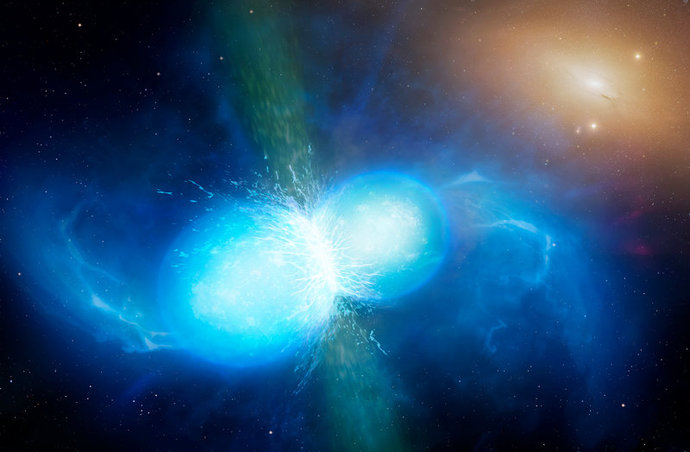
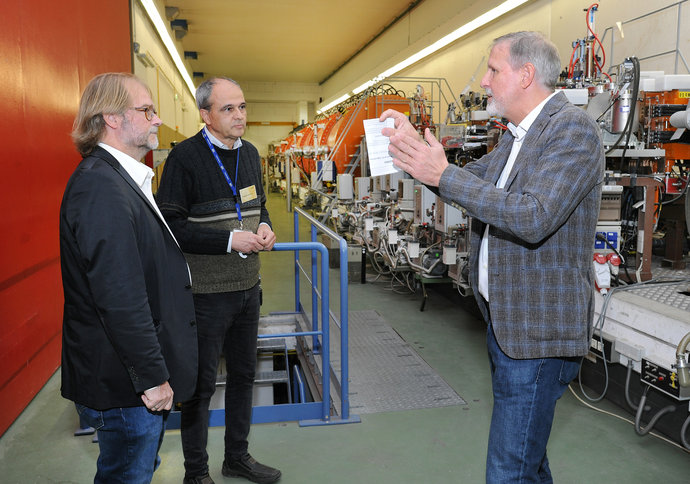
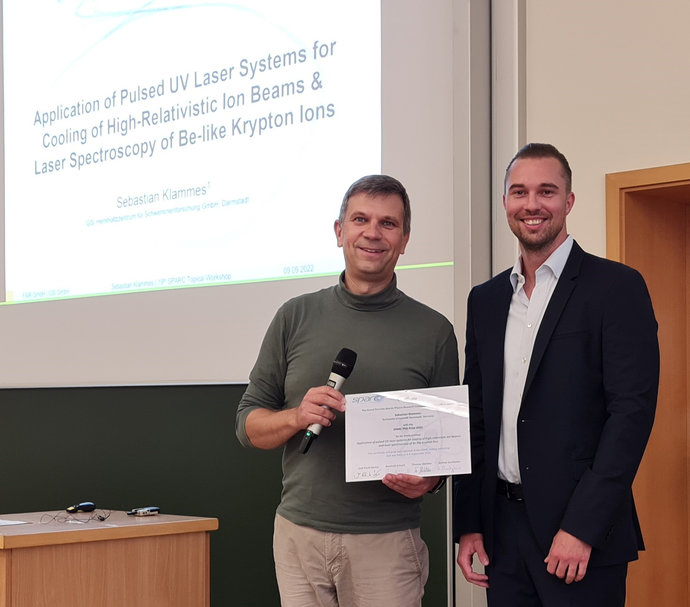
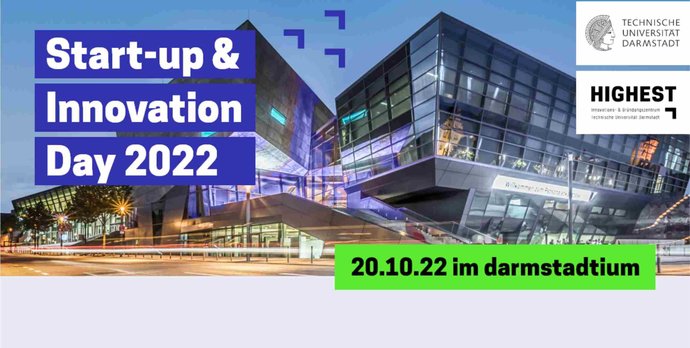
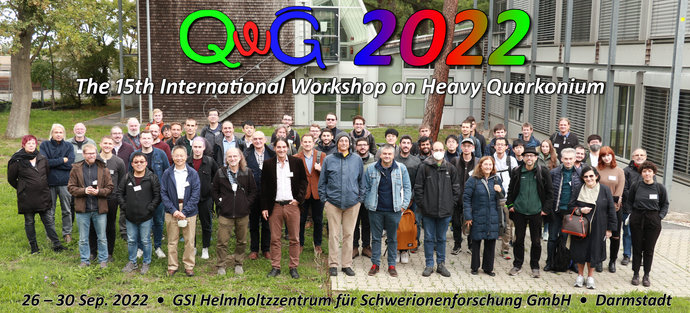
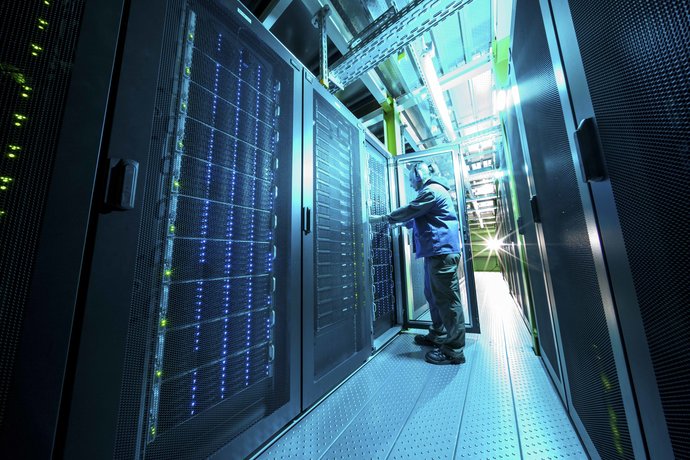
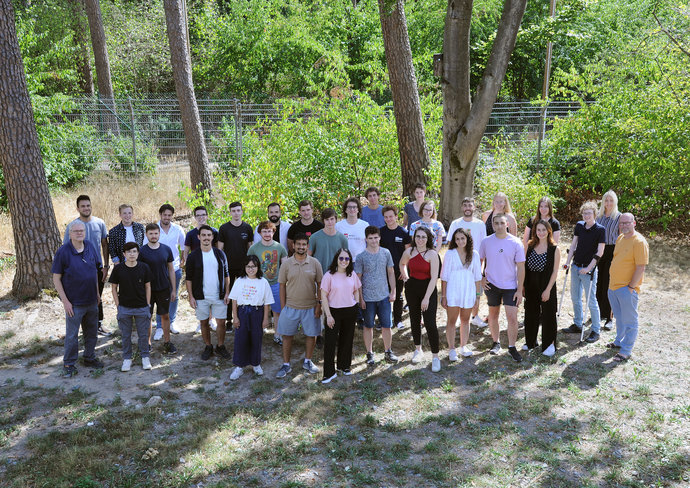
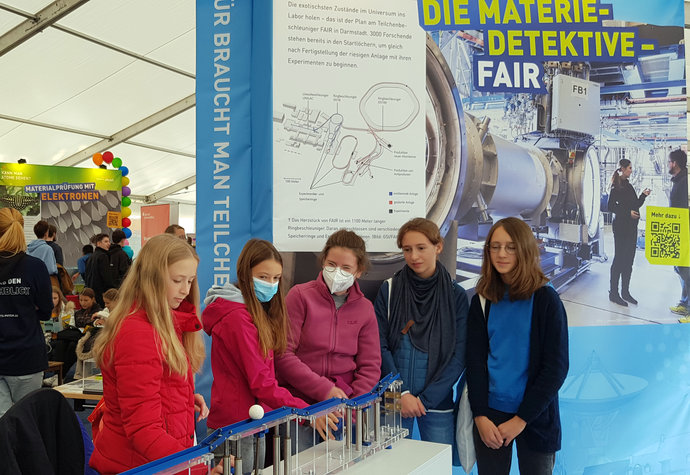
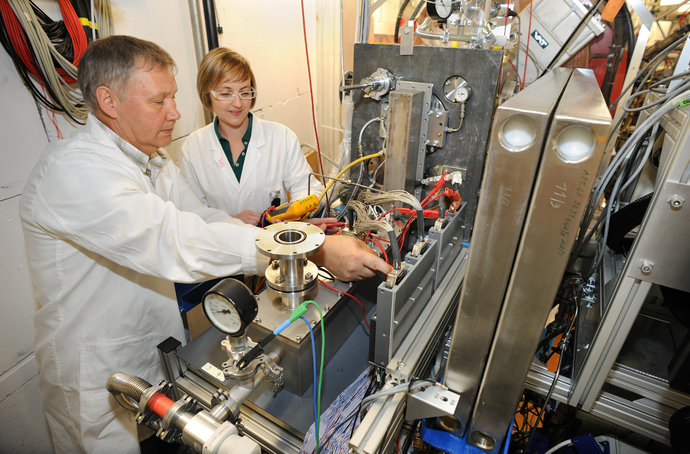










Wed, December 11, 2024 | 2 p.m.
Wer strahlte denn da? – Einblick in den wissenschaftlichen Experimentier-
betrieb an GSI/FAIR in 2024
D. Severin, H. Albers, E. Menz, L. Volz, GSI/FAIR
Registration and further information

28.10. – 22.11.2024
Discuss with scientists as a school class

November 08, 2024
Tag der offenen Rechenzentren
Registration for Green IT Cube

Events at GSI:
GSI colloquium
Accelerator Seminar
Calendar